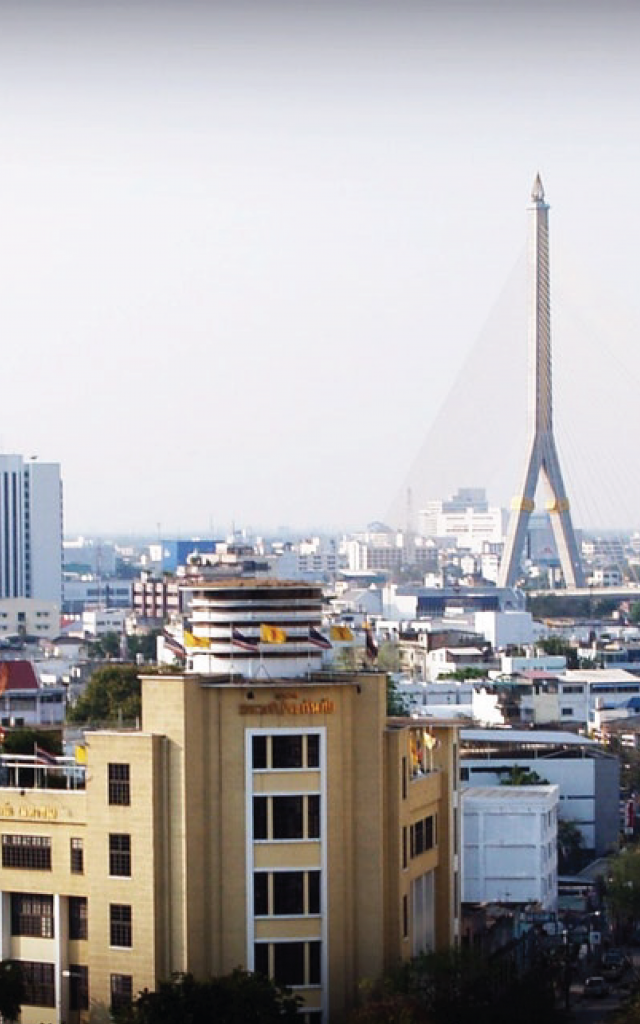Residence Reporting
Whenever a foreigner enters Thailand, the place that they are staying is required to registered the individual’s residency with 24 hours of their arrival. It should be noted that this is in addition to the immigration checks that are conducted at any border checkpoint such as the airport. If you are staying in a hotel or guesthouse this will be done by them, however, if you own or rent a house or condominium it is the owners and your responsibility to report to immigration.
This is by no means a new law but one that is now being strictly enforced and in reality, it is part of the 90 day reporting procedure whereby you report to immigration department to notify them that you are still residing at the same address. When you first register your address, you will be required to take copies of your passport, visa, TM.6 Arrivals and Departure Card, and a copy of the latest stamp when you entered the country.
Assuming that everything is cleared by the officer, you will then be issued with a “Notification of Alien’s Address” receipt which should be attached to your passport and shown every time you re-enter the Kingdom. The notification will be issued by your local immigration department so it should be noted that you can’t do this type of registration at other immigration departments around the country.

Once again, it should be stressed that this is entirely separate to the immigration procedures that take place at the airport.
If during your stay in Thailand you change address, you should again notify the immigration department of your change of residency. This is the responsibility of the property of the owner but again in reality, it will be the “alien” who faces the punishment. The property owner will be subject to a fine of up to THB5000 although in some cases this may be referred back to the individual depending on the officer in question.
So what happens if you lose your “Notification of Alien’s Address”? If this happens to you it should be reported immediately to the local immigration department. You will be required to explain how you lost the receipt and also to explain why you need a new one. Most of the time this will be issued free of charge, however, some officers may choose to fine the individual or impose an “admin” charge for issuing a copy.

Your Residence Reporting will not be checked at the airport either on entry or departure. It can’t be stressed enough that these are two completely different computer systems and practices that are run by different sections of the immigration department. The immigration at airports and indeed all other border entry are only interested in your actual visa and making sure that it is valid and you haven’t overstayed.
There are still a few grey areas surrounding the policy and when exactly individuals need to report to immigration. For instance, if you had been out of the country for a few days for either a holiday or on business do you then need to report to the immigration department?
This once again seems to be dependent on the officer in question although it is always wise to err on the side of caution and report your stay to avoid any problems. As this is a newly enforced law it appears that officers have their own interpretations.
To conclude, it is responsibility of the property owner to report the alien’s residency. Failure to do so can result in a fine of up to THB5000.
As always, we strongly recommend that all individuals frequently check the Thai Immigration website for further details as the rules are subject to change without prior warning. Some rules, as in this case, although they are not new laws, are now more strictly enforced than they had been previously. Not being aware of law changes is no excuse in the eyes of the Thai Immigration.


0 Comments